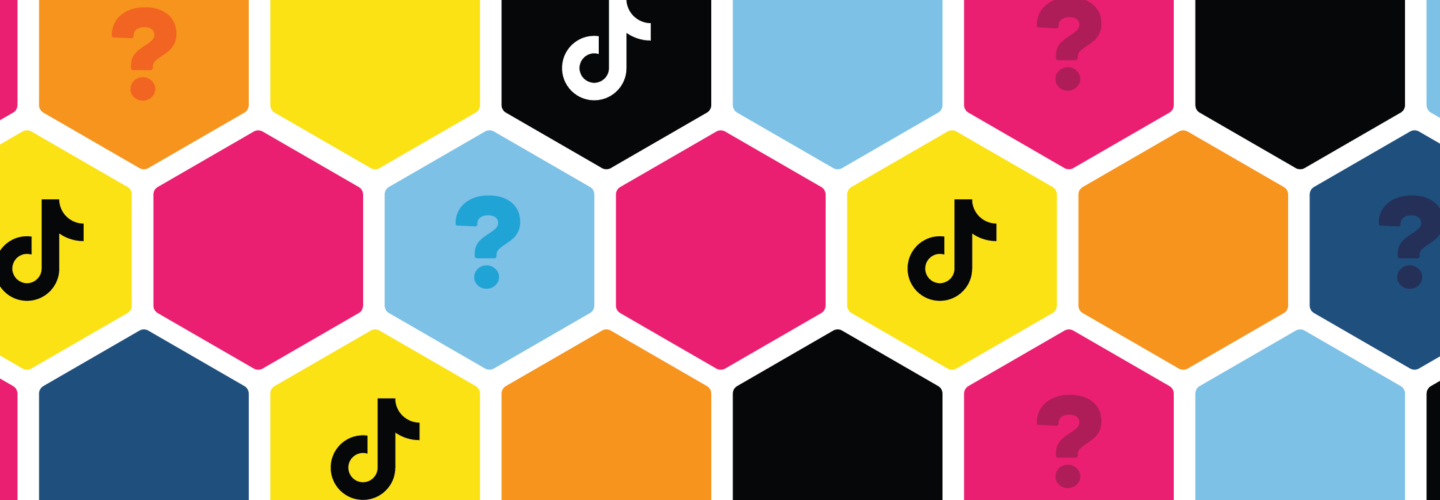In December 1917, the U.S. Congress passed the 18th Amendment to make the manufacture, transportation, and sale of alcohol illegal. Three years later, in conjunction with the passing of the Volstead Act, the era known as Prohibition began. The national moratorium on alcohol would go on to last 13 years.
I’ll spare you the social studies lecture, but there’s a fair amount of insight that can be gleaned from this chapter of American history. There are three notable elements worth keeping in mind: Why did this happen, what was the effect of it, and why did it end?
The short answers: A popular religious movement, the rise of organized crime, and the stock market crash of 1929. Not all history lessons have to be a long-winded bluster.

If you’ve been following the news recently, which has become an increasingly grim activity, you’ve probably come across headlines about U.S. legislators exploring a potential ban of the ultra-popular social media platform, TikTok.
The main crux of the argument against TikTok is one of data security. Americans, on average, are spending 112.5 million hours on the platform daily. ByteDance, TikTok’s privately held parent company, is headquartered in Beijing. If you haven’t noticed, recent relations between the U.S. and China have been…rather icy. It’s not a stretch to imagine that the platform could be used to monitor all of those users – or as House Energy and Commerce Committee Chair Cathy McMorris Rodgers put it during TikTok’s recent Capitol Hill hearing, “a tool to manipulate America.”
We’ll pause here to note the irony of the U.S. government aggressively pursuing a virtual border when we’re only a decade removed from discovering that the National Security Agency routinely surveilled Americans online for years. I guess it’s only acceptable when we do it to ourselves.
Let’s pivot away from the political implications to look at this from the same practical lens as we did with Prohibition: Why is it happening, what could be the effects, and how could it end?
The first part is relatively easy – remember the lack of affection between the U.S. and China – and it’s probably a xenophobic reaction, much like how religious fervor vilified alcohol 100 years before. In fact, Vanessa Pappas, TikTok’s Chief Operating Officer, used that exact language following the aforementioned hearing:
We're committed to providing a safe, secure platform, that fosters an inclusive place for our amazing, diverse communities to call home. It’s a shame today’s conversation felt rooted in xenophobia. Thank you to our employees who work tirelessly to protect our platform & community https://t.co/ya3nMtTnrG
— V Pappas (@v_ness) March 23, 2023
The effects of a ban are where it could get interesting. I conducted an informal poll of TikTok power users (aka I asked my fiancé) and the general consensus was that most of the content and communities would just find another place to live. After all, when it first launched, many of TikTok’s immediately popular stars were originally from the now-defunct Vine. Short-form video platforms may come and go, but dedicated content creators are used to migrating.
The U.S. wouldn’t be the first country to attempt an outright ban of TikTok, either. India outlawed the platform in 2020, and it’s hard to imagine all 120 million users in the country just gave up overnight on the service. Without getting into technical specifics, VPNs and Tumblr mirrors (remember Tumblr? It’s still around!) are already widely used by audiences in TikTok-restricted corners of the world. Much like bootleggers and speakeasies during Prohibition, people will find a way.
My prediction is that a U.S. ban would be monstrously difficult to enforce, extremely unpopular, and ultimately fruitless when an identical alternative steps in. Maybe that new platform would be American-made, but couldn’t it just as easily be breached and monitored as well? We’re chasing after virtual issues that may or may not exist when there are actual, real-life problems our legislators should be focusing on. I’ll end with the thoughts of Ryan Broderick, author of the must-read Garbage Day newsletter, who eloquently explained why all of this is so important:
This is not me saying that we should sit back and let supercharged machine-learning platforms devourer our lives. But we also shouldn’t let very scared institutions use our own fear — and lack of tech literacy — to consolidate power and erode what’s left of the open web. We need more user-generated platforms, regardless of whether they’re owned by Chinese companies, we need more, better search engines, and we need to look for real pragmatic solutions on what to do with increasingly better machine learning. Because if we don’t we’re going to wake up one day and realize we didn’t fix anything and only helped make a lot of already very rich people even richer while making our own lives worse.
Courtesy: Garbage Day
